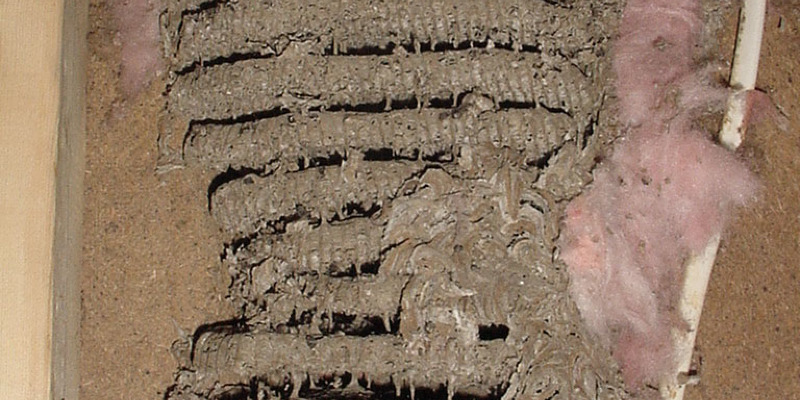Which Mortgage Is Ideal for Me?
Based on RealtyTrac, 1.65 million housing units in the United States obtained a foreclosure filing–a default option, bank or auction repossession notice–in the first half of 2010. California led the nation in the number of foreclosure filings with 340,740. Regardless of the grim statistics, people are still buying homes. If you’re one of these, mortgage options abound, albeit with tighter restrictions than prior to the home crash.
Loan Apps
Three main mortgage programs exist in the United States–conventional, VA and FHA loans. Conventional loans are tagged as conforming should they fall under price limits set by Fannie Mae and Freddie Mac and non-conforming or unsecured loans should they transcend these area-specific numbers. According to Bankrate.com, conventional loans work best if you’ve got excellent credit and enough cash for a deposit of more than 5%. VA and FHA loans are government applications. Both are financed through participating creditors, but guaranteed by the federal government. If you default on the loan, the government repays your creditor. To qualify for a VA loan, which is sponsored by the Department of Veterans Affairs, you have to establish U.S. military veteran or active duty status. VA loan holders usually fund 100 percent of the home’s purchase price. The Federal Housing Administration backs FHA loan, which require a 3.5 percent deposit as of July 2010, and have significantly more lenient credit requirements than conventional products.
Kinds of Loans
With a fixed-rate loan, your interest rate stays the same throughout the life span of this loan. Sheyna Steiner of Bankrate.com notes that 30-year fixed-rate loans are very popular because they provide the lowest monthly payment. But 10-, 15- and 20-year loans are available. Interest rates on adjustable-rate mortgages (ARMs) alter yearly. Some ARMs, known as hybrids, combine the qualities of fixed-rate and flexible loans. Beneath an interest-only loan, you pay interest but not the main balance for the first few years of the loan. This gives you a rock-bottom monthly payment until the interest-only term expires.
Mortgage Insurance
Typically, if you’ve got less than 20 percent for a down payment, your lender requires mortgage insurance, according to the U.S. Department of Housing and Urban Development. The insurance is a guarantee for the loan in the event of default. VA loans do not require mortgage insurance, but a personal mortgage insurance premium is built into all FHA loans. You may also confront an up-front insurance charge up to 3% on an FHA mortgage, according to Bankrate.
Factors
Credit requirements for all loans finally are up to the creditor, even if you have qualified for a government program, such as FHA. The home crisis motivated lots of lenders to tighten their standards. On a conventional loan, you may qualify using a credit score as low as 620, according to the Bankrate report, however if your score is less than 740, expect your creditor to tack on a plethora of fees. An FHA loan may be more suitable if you’ve got spotty charge; for example, traditionally FHA creditors accept applicants using debt-to-income ratios which exceed the accepted standard of 25 percent. You may qualify for an FHA loan even if debt takes up around 40 percent of your pay.
Pro Insight
Jeff Brown, a personal finance blogger on PBS'”Nightly Business Report” website, claims that a fixed-rate mortgage is easily the best deal. Though the 15-year option lowers the interest you will pay on the loan, it requires significantly greater monthly payments. Each $1,000 Located on a 15-year loan at 4.77 percent translates to $779 per month versus $562 on a 30-year loan. As far as ARMs are concerned, Brown says they look great when interest rates are reduced, but moving into a fixed-rate loan with a high speed at the outset may pay off in the future if and when rates climb.
